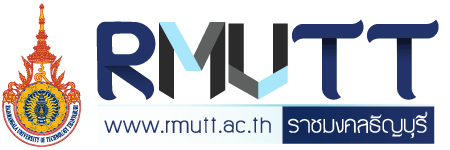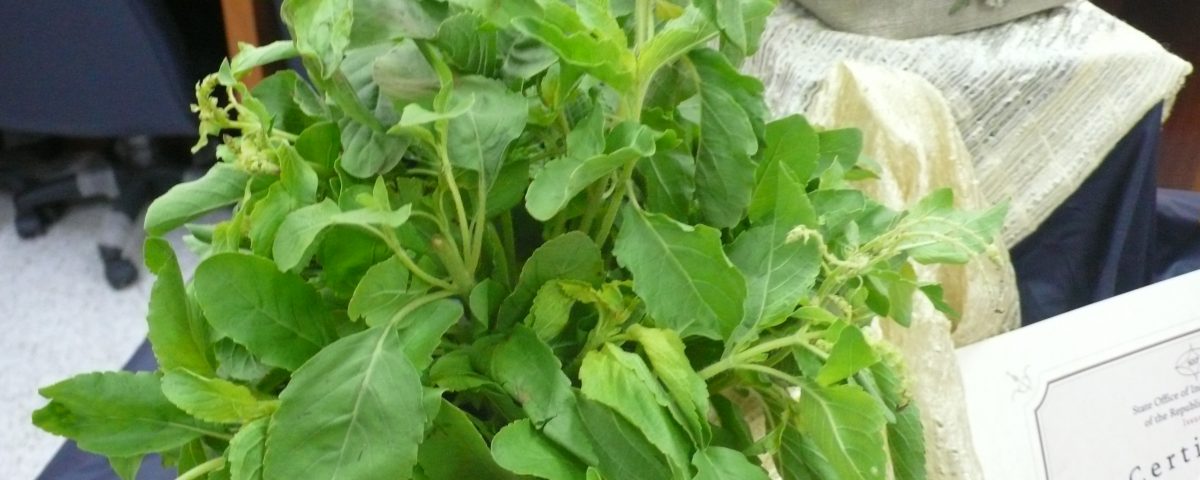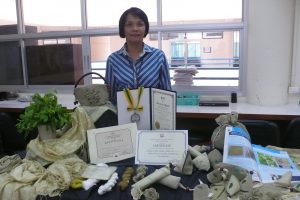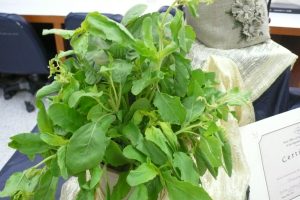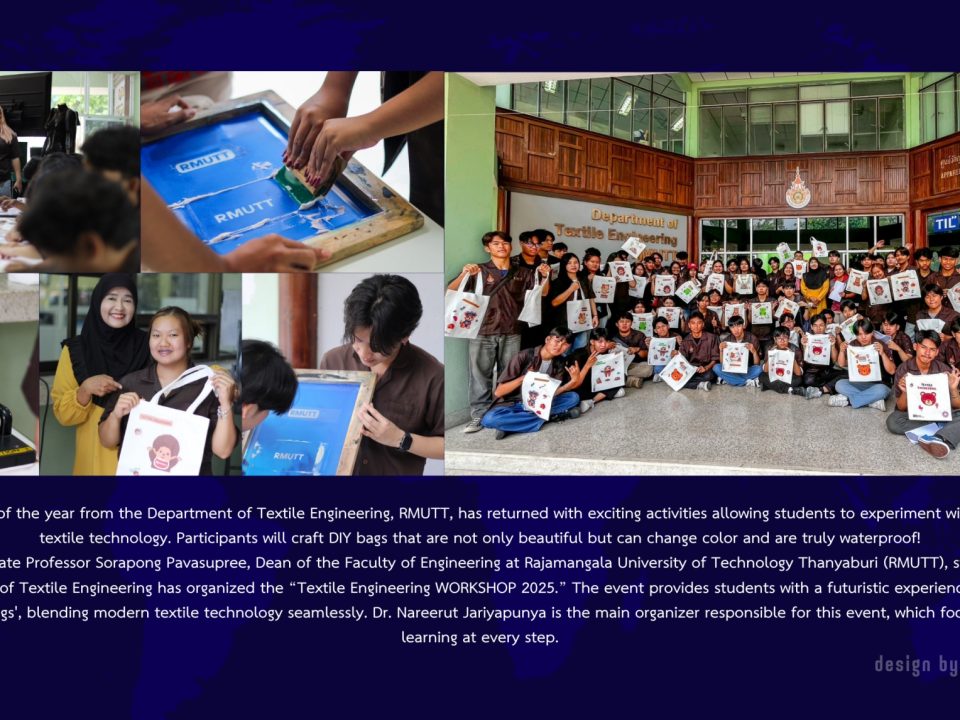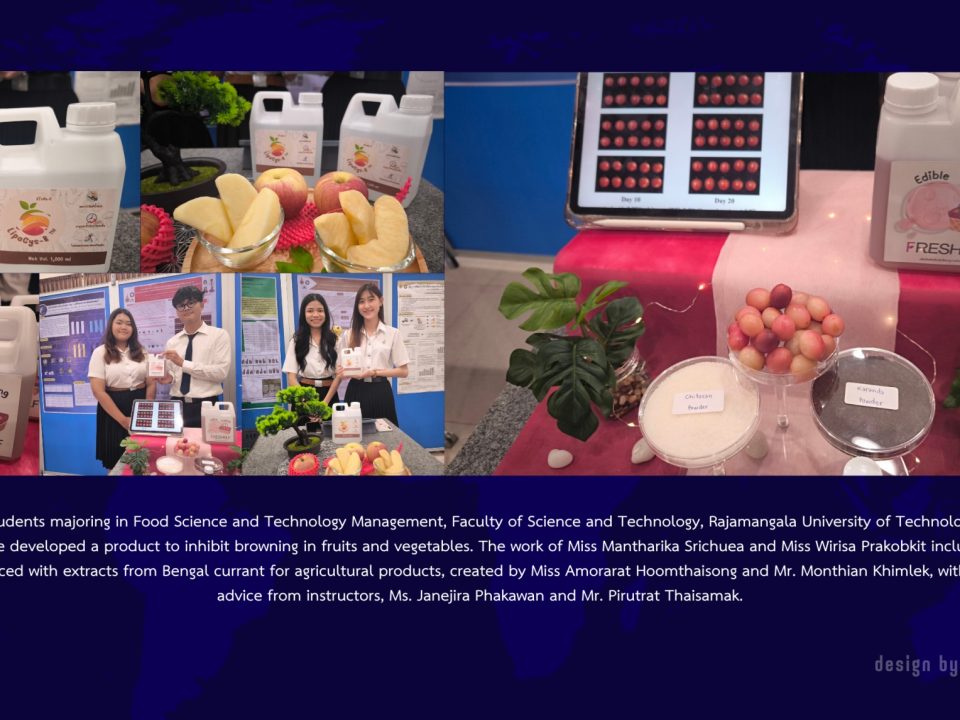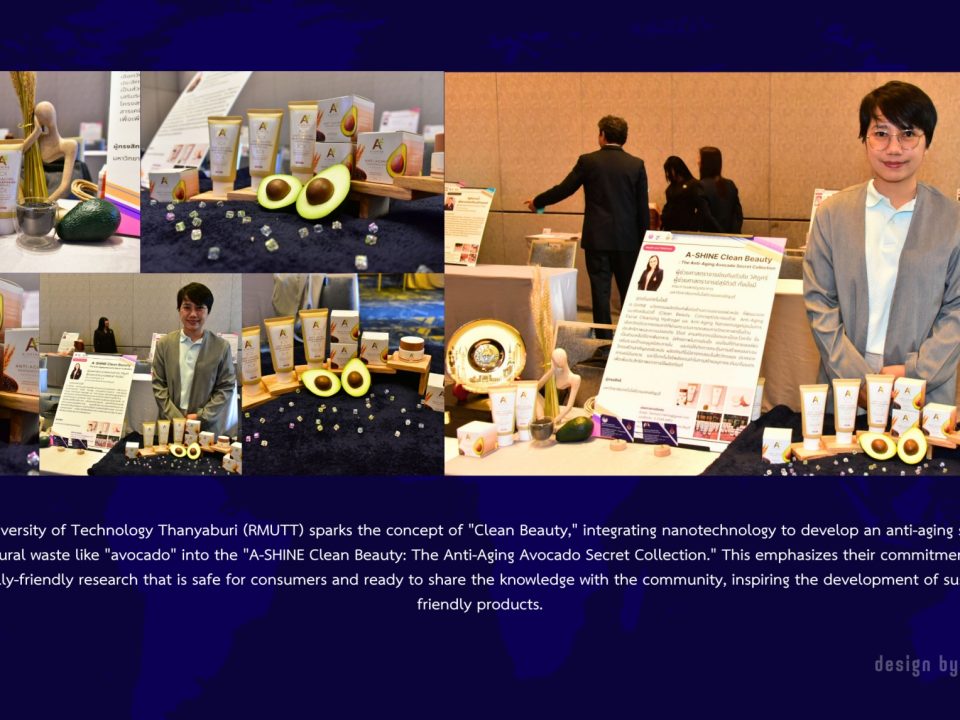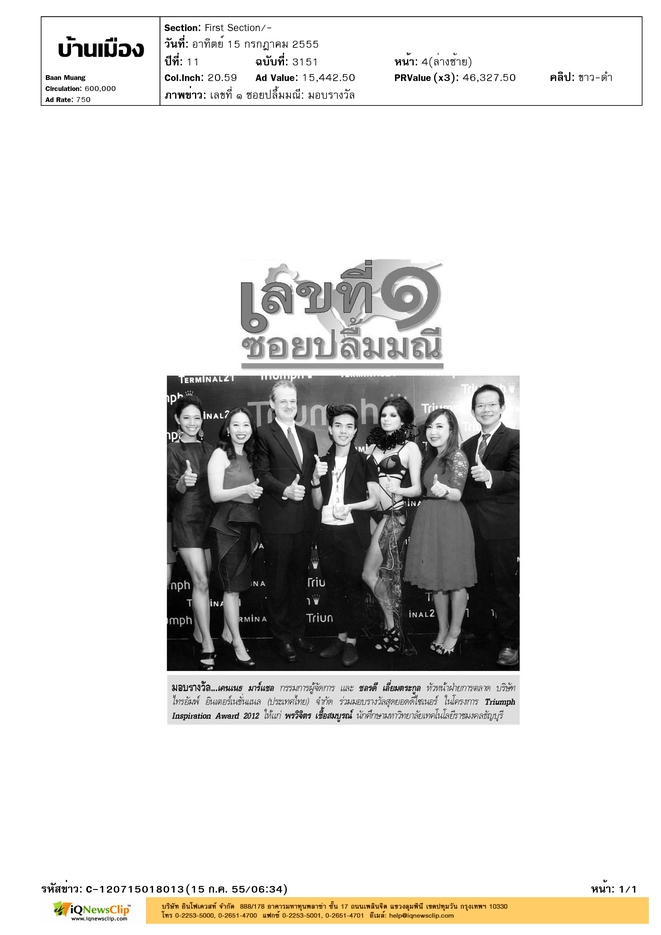
Bestowing the “Super Designers Award” upon RMUTT student
18/07/2012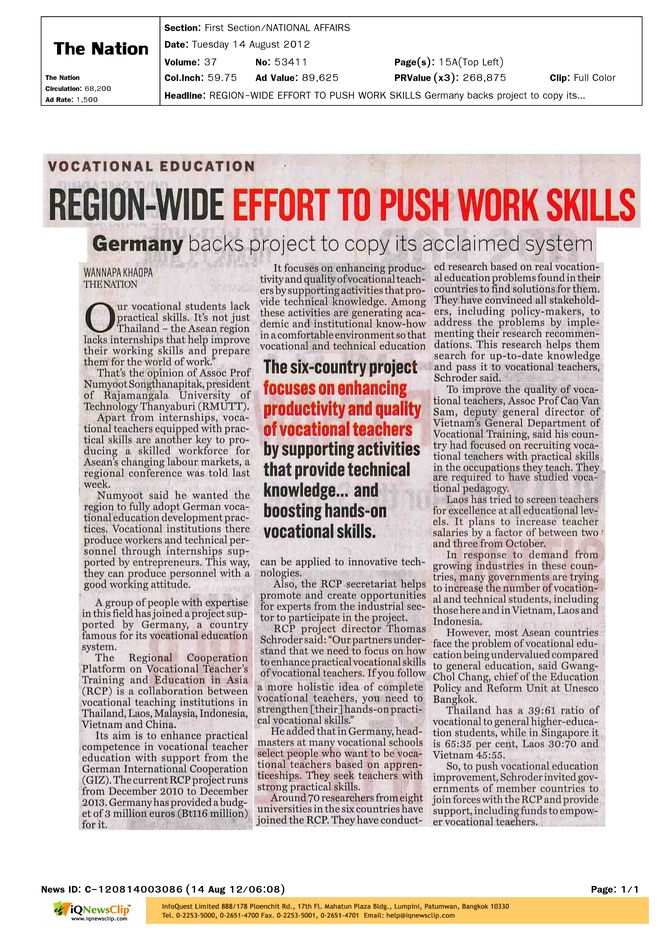
REGION-WIDE EFFORT TO PUSH WORK SKILLS Germany backs project to copy its acclaimed system
15/08/2012Holy basil, a common ingredient in Thai cuisine, is well-known for its aromatic fragrance and medicinal properties. It grows easily all year round and is found in nearly every Thai kitchen. Little did anyone know that holy basil can also be used to produce beautiful natural dyes, until Dr. Chaliao Mud-iew of RMUTT’s Faculty of Home Economics Technology made a ground-breaking discovery.
“Holy basil is so abundant in Thailand, which makes it an ideal candidate for processing into other types of raw materials. Its wide availability means that we will never run out of it,” Dr. Chaliao says. “For natural dye extraction, the entire plant except the roots can be used, and the colors we get after processing the plant are various shades of green,” she adds. The dye color is suitable for both silk and cotton, either in thread form or as finished fabric.
The dyed fabric underwent an extensive quality test, by washing, sun-drying and scrubbing, and the results were satisfactory. More importantly, the natural dye color is environmental friendly, leaving no harmful residue in the environment. This, says Dr. Chaliao, adds value to holy basil in terms of industrial production.
Future development will focus on using the dye color from holy basil to produce bacteria-free fabric and threads, as holy basil has natural anti-bacterial property, she adds.
Dr. Chaliao’s discovery has garnered several international awards, including a silver medal at Korean International Women’s Invention Exposition (KIWIE) 2012, gold medal from Taiwan Invention & Innovation Industry Association (TIIIA) and two certificates of recognition (EWI Certificate) from European Women Inventor Association and State Office of Industrial Property of the Republic of Macedonia.
